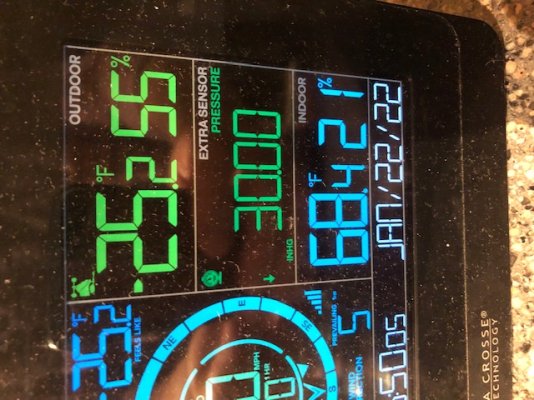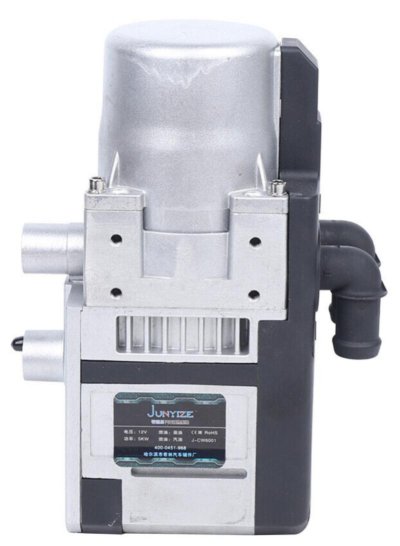dcolman
Veteran Member
- Joined
- Dec 4, 2021
- Messages
- 34
- Vessel Name
- Hey Joe
- Vessel Make
- 40' Mainship Trawler, 21' Ranger Tug, 17' Montauk
Love love love Nordic Tugs. I've been waiting for a 42 or 44 to mature into my price range for some time. Too late now. I want to retire in a couple years. My Mainship is an acceptable, and mostly paid-for alternative. The market is insane. Boats similar to mine selling for 25% over what I paid in 2013.




